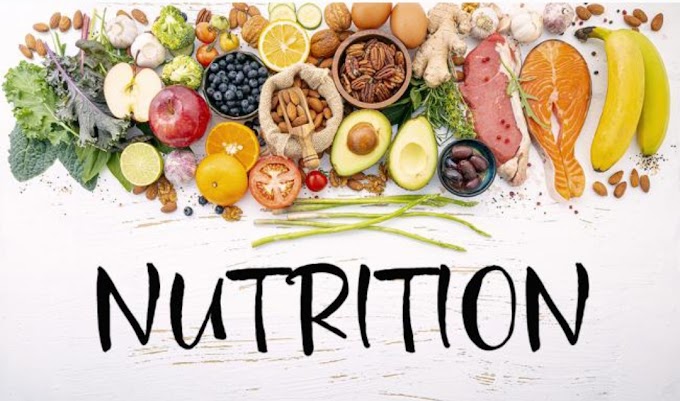DIET:
A diet refers to the food and beverages regularly consumed by an individual or a group. It plays a crucial role in maintaining overall health and can significantly impact the risk of developing various diseases. A balanced and nutritious diet provides essential nutrients, such as vitamins, minerals, proteins, carbohydrates, and fats, which are required for optimal body function.
Adopting a healthy diet can help prevent several diseases in the following ways:Cardiovascular diseases: A diet low in saturated and trans fats, cholesterol, and sodium, and high in fruits, vegetables, whole grains, lean proteins, and healthy fats (such as those found in fish, nuts, and avocados), can help reduce the risk of heart disease, high blood pressure, and stroke.
Obesity: A diet rich in nutrient-dense foods, while controlling calorie intake, can help maintain a healthy weight and prevent obesity. It involves consuming appropriate portions, minimizing processed foods, sugary drinks, and excessive consumption of fats and sugars.
Type 2 diabetes: A balanced diet that includes whole grains, fiber-rich foods, lean proteins, and controlled portions of carbohydrates can help regulate blood sugar levels and reduce the risk of developing type 2 diabetes.
Cancer: Certain dietary factors have been associated with an increased risk of certain cancers. For instance, a diet high in fruits, vegetables, whole grains, and fiber, while limiting red and processed meats, can help lower the risk of developing colorectal cancer. Additionally, consuming foods rich in antioxidants, such as berries and leafy greens, may offer some protection against various cancers.
Osteoporosis: Adequate intake of calcium and vitamin D through a well-balanced diet can promote bone health and reduce the risk of osteoporosis and fractures later in life. Foods like dairy products, leafy greens, and fortified foods are good sources of these nutrients.
Nutrient deficiencies: A well-rounded diet ensures sufficient intake of essential vitamins and minerals, reducing the risk of nutrient deficiencies. For example, consuming a variety of fruits and vegetables helps prevent deficiencies in vitamin C, vitamin A, and folate.
Digestive health: A diet high in fiber, obtained from fruits, vegetables, whole grains, and legumes, promotes healthy digestion, prevents constipation, and reduces the risk of conditions like diverticulosis and hemorrhoids.
It's important to note that a healthy diet is just one aspect of overall disease prevention. Other lifestyle factors, such as regular physical activity, maintaining a healthy weight, avoiding tobacco and excessive alcohol consumption, managing stress, and getting regular medical check-ups, also contribute to a comprehensive approach to disease prevention and overall well-being.








.jpeg)
.jpeg)
